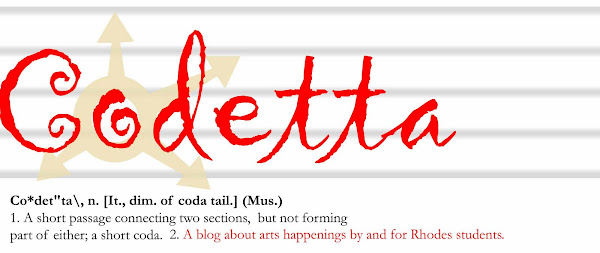
On Friday January 30th, 2009 I attended the MSO’s performance of selections by W.A. Mozart and Igor Stravinsky. The performance was held at the Buckman Performing Arts Center, located at Saint Mary’s Episcopal School. The venue was much smaller than the Cannon Center and as such, conductor David Loebel took advantage of the smaller, more intimate space and made the concert more personal by giving the audience some background information about Stravinsky’s musical career.
He explained that the unusual combination of Mozart and Stravinsky in that evening’s program was not as strange a combination as one may initially think. He pointed out that the Stravinsky music played in this concert—Eight Instrumental Miniatures for 15 Players and Octet— was from Stravinksy’s neo-classical phase, and therefore more diatonic and more in the style of classical music. Personally, I did not find a very strong connection between Mozart’s Sinfonia Concertante, K. 364 and Symphony No. 33 in B-flat major, K. 319 and the Stravinsky selections.
Neither of the Stravinsky pieces was nearly as lyric, melodious or as diatonic as the Mozart. In fact, the Octet reminded me more of “Rite of Spring” than anything ever composed by Mozart. The octet was an unusual assembly of instrumentalists, comprised of a bassoonist, two clarinetists, two trumpet players, a flutist and two trombones. The bassoon was given many complex motives to play in quick succession and while it was impressive, it was not as catchy nor as predictable as the Mozart pieces. The unusual scoring, coupled with the various motives being introduced and sporadic nature of their entrances in the music are what reminded me most of Rite of Spring.
The highlight of this concert was definitely Mozart’s Sinfonia Concertante, K. 364. It featured a standard orchestra and soloists Susanna Perry Gilmore on violin and Jennifer Puckett on viola. The ornamented melodies and long, running phrases were impeccably played. I especially enjoyed when one would play a melodic phrase and the other would repeat it, in a slightly different fashion, as Mozart notated. They handled their respective instruments deftly and gracefully. It was such a treat to watch as they would physically lean into phrases and really feel the music they were playing.
On the whole it was a good concert and interesting to see how the orchestra members interact in a smaller environment. I especially enjoyed that Loebel addressed the audience, marking this occasion as distinctly different from other symphony performances, perhaps somehow more special.
- Brigid Hannon




